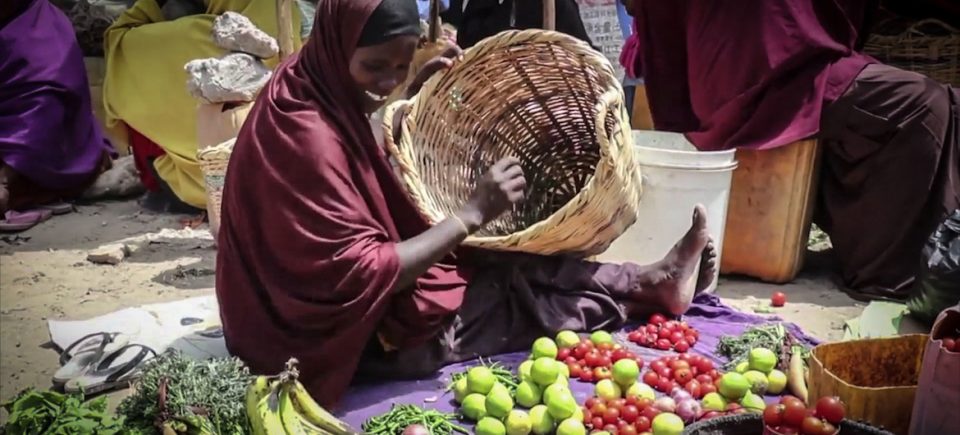The agreement, that would allow elections within 60 days, was an outcome of the summit convened by Prime Minister Mohamed Hussein Roble.
The Security Council welcomed the agreement reached on Thursday by the Somali federal government and the federal member states leaders on the implementation of the 17 September Electoral Model.
In a press statement released Friday night, the 15 members of the council commended the country’s leaders for putting first “Somalia’s stability, security and development, and the best interests of the Somali people”.
The agreement, that would allow elections within 60 days, was an outcome of the summit convened by Prime Minister Mohamed Hussein Roble, after months of escalating tension between the political factions in Somalia.
The members of the Security Council welcomed the commitment to “hold peaceful, transparent, inclusive, and credible elections, which respect the agreed-upon minimum 30% women’s quota in parliament”.
The peace and security body also encouraged Somalia’s leaders to maintain this positive momentum so that elections can take place as agreed. They also urged all parties to continue to engage openly and constructively so that any problems during the implementation phase can be resolved quickly and welcomed the agreement to establish a peaceful dispute resolution mechanism to enable this.
Back from the brink
Under the 17 September Electoral Model agreed in 2020 between the federal government and the leaders of the federal member states, verified clan elders would elect a parliament, which then would elect a president. The parliamentary elections were scheduled for December but then delayed.
The talks between Somalia’s Federal Government and the leaders of its Federal Member States, which began in March, regrettably broke down in early April.
The House of the People of the Somali Parliament then adopted a “Special Law”, abandoning the landmark agreement and extending the mandates of current office-holders for up to two more years.
Opposition to these moves led to the mobilization of militias and exposed divisions within Somali security forces. Violent clashes ensued on 25 April, risking broader conflict.
“Since then, Somalia has come back from the brink of this worst-case scenario”, said earlier this week James Swan, the UN Special Representative for Somalia, recalling that the House of the People reversed its Special Law on 1 May under intense pressure, finally easing tensions.
UN Secretary General Antonio Guterres also welcomed the newest agreement between Somali leaders, urging all stakeholders to swiftly implement the new agreement as a “critical step toward the holding of a consensual and transparent electoral process without further delays”.
Support of the UN Mission
The council members commended the support provided by the United Nations Mission in Somalia (UNSOM) and the African Union Mission in Somalia (AMISOM).
They expressed their full backing for both missions as the country prepares for elections, implements the roadmap outlined in the appendix to the 27 May Communique, and “works to deliver the transition to Somali-led security, as called for in UN Security Council Resolution 2568.
Finally, the members of the Security Council reaffirmed their respect for the sovereignty, political independence, territorial integrity, and unity of Somalia.
As an independent media platform, we do not take advertisements from governments and corporate houses. It is you, our readers, who have supported us on our journey to do honest and unbiased journalism. Please contribute, so that we can continue to do the same in future.

